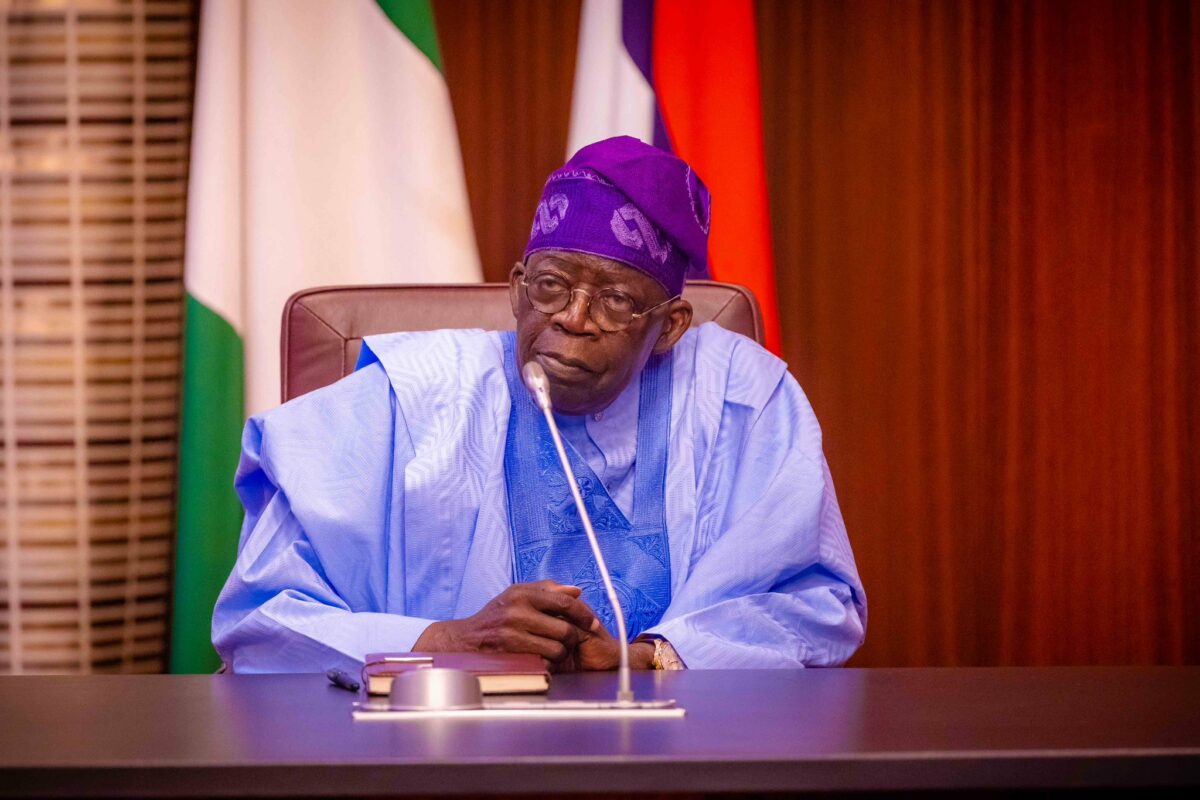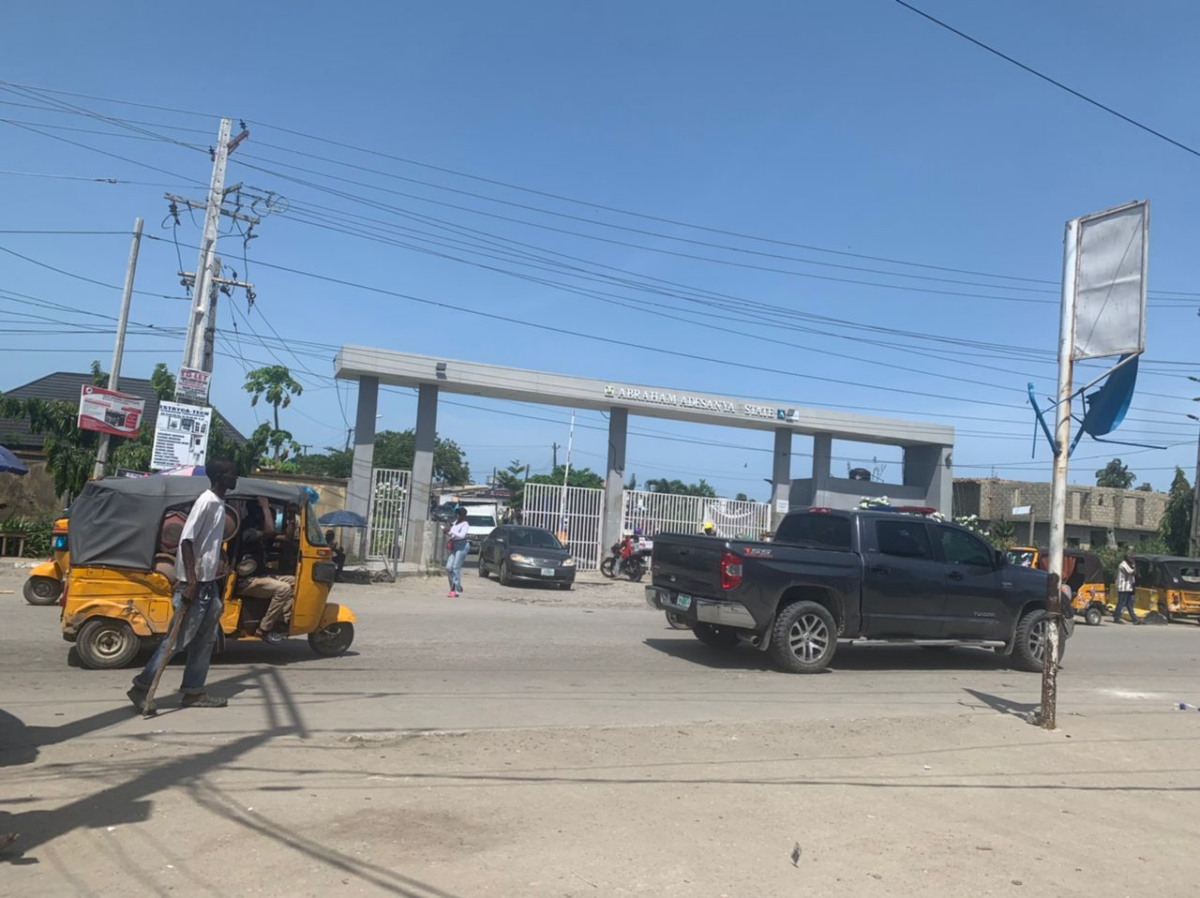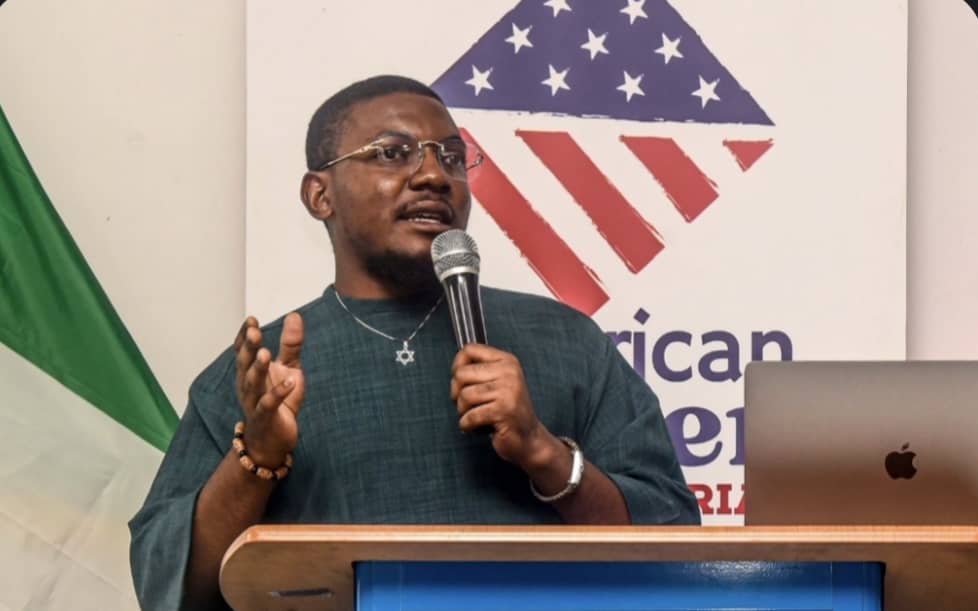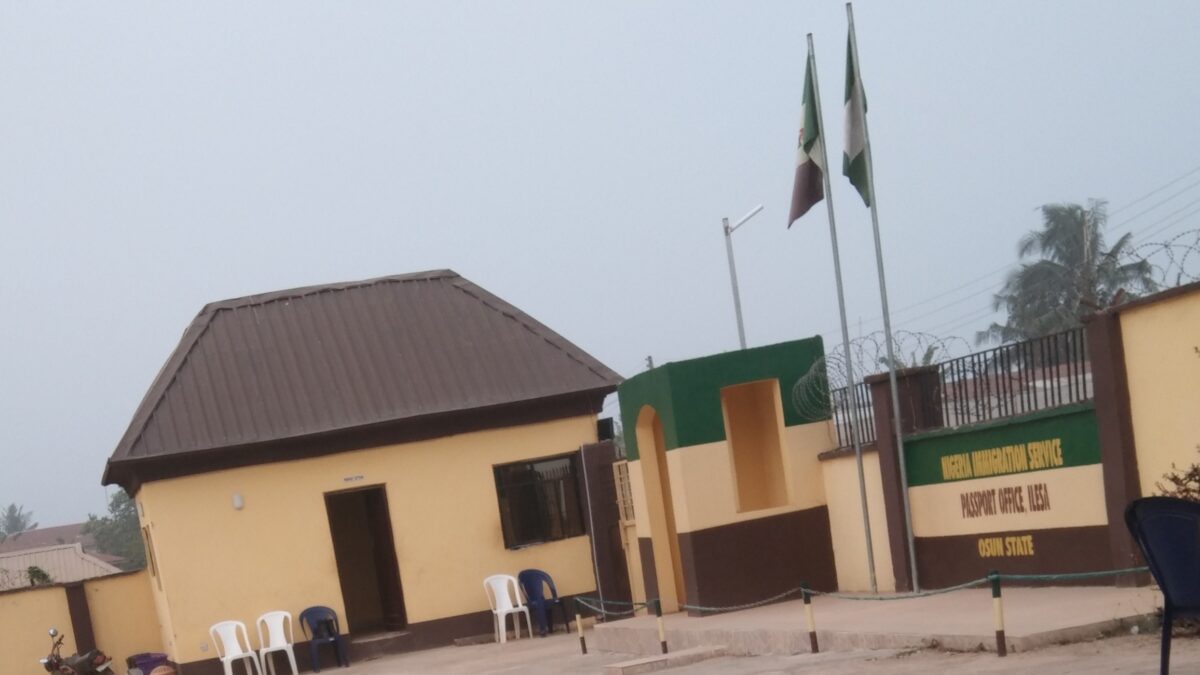As if to stub Information Minister Lai Mohammed’s recent conjectures in Washington from gaining any bearing in the international community, Chimamanda Ngozi Adichie, an African literary icon, late Thursday, sent social media into a frenzy with an open letter to Joe Biden. Some believe the letter is timely and especially instructive.
In the letter, titled ‘Nigeria’s Hollow Democracy’, Adichie left no room for confusion. Her language was forceful in the manner in which she expected the world’s most powerful democracy to approach the discourse on Nigeria’s elections and the Independent National Economic Commission (INEC), Nigeria’s electoral unpire.
Here are five things worthy of note in Adichie’s strongly cautionary, yet resonant, letter.
READ ALSO: 2023 Elections: How INEC Brought Its Integrity Into Question
THE BIGGEST GRIEVANCE OF NIGERIANS TOWARDS INEC IS THE VIOLATION OF THEIR TRUST
At the centre of the discontent with Nigeria’s electoral commission and elections was a violation of trust. Adichie explained how INEC vandalised a still-forming trust, wounding the pride of the demography of the country with intelligence acclaim.
For long, young people had been apathetic towards political participation, a dividend of low trust in public institutions and the government. Through legal and technological advances, INEC was able to secure some trust from them.
However, by conducting an election so “unacceptably and unforgivably flawed,” as Adichie put it, in which the commission contravened its laws and sabotaged its heralded technological advances, INEC insulted the people’s intelligence, hence their refusal to accord legitimacy to the electoral process or its outcome.
IF WILLED, THE LAW CAN BE USED AS AN INSTRUMENT TO PROMOTE CIVIC RESPONSIBILITY AND PATRIOTISM
Positioned to give the electoral commission greater independence and promote transparency in its activities, the Electoral Act Amendment Bill was signed into law in 2022. Adichie called this the game changer.
The Electoral Act legalised the electronic accreditation of voters and the electronic transmission of election results in real time, a process in which voters would also be participative.
This improved voter confidence in both the commission and the electoral process spurred greater participation, away from the previously held perception of the process. This, according to Adichie, is why the outcome is so amiss.
READ ALSO: OPINION: What to Expect of the Incoming BAT Administration
THE WEST THINKS CONDESCENDINGLY OF AFRICA AND ITS PARTICIPATION IN AFRICAN AFFAIRS IS CONDITIONED BY ITS PRIOROITIES AND INTERESTS
Adichie did not mince words in calling out America to face its reflection and answer to its democratic world power status.
Deliberate and brazen, she condemned America’s institutions to an imaginative poverty, a condition which she attributed to its lack of interest in seeing glaringly what all who observed the elections saw.
Like its Department of States, U.S. observer groups have been quick to describe the elections as competitive, and seem to be championing the narrative that the elections were credible and fair.
The Police Chaplains Electoral Observation Mission, an arm of the International Police Chaplain Sustainable Development and Law Enforcement (IPCSL) Inc. in the U.S., for instance, described the poll as peaceful and Nigeria’s democracy as maturing.
READ ALSO: Buhari, Yakubu, Among Four Biggest Losers of Nigeria’s General Election – Mike Owhoko
Jonnie Carson, the U.S. observer group leader, stated the need for improvement in the process, yet he had confidence in the results. He also hailed the president and INEC, and conveniently omitted the spates of voter suppression and manipulation that characterised the process.
It was a no-brainer that he received a nod from Nigeria’s information minister, who defended the electoral commission and process and alleged that Peter Obi, the Labour Party presidential candidate, incited people to violence.
Adichie did not shy away from her support for Obi or her wariness of Bola Ahmed Tinubu, the president-elect and candidate of the ruling party in the election.
She scoffed at a Washington Post editorial, which she referred to as condescending. The newspaper had documented that the election was shoddy, yet commended it for not having morphed into a barricading of highways as done in Brazil; a hollow jab implying that Nigerians are so crude that leaving highways open deserved applause.
Sensitive to the influence of the U.S. and the West in shaping the world’s view of Nigeria and its leadership, Adichie tutored President Biden and the American institutions decisively on the events of February 25.
Layer by layer, she shone the spotlight on the self-serving nature of the West, whose attitude towards African affairs is determined by its convenience, and implored President Biden not to endorse a process that was clearly undemocratic and was an affront to the democratic ideals that he pledged to uphold.
NIGERIANS WERE LURED TO THE POLLS WITH TECHNOLOGICAL INDUCEMENTS
Had INEC not promised to conduct transparent and credible elections based on the application of its groundbreaking technological innovations, many Nigerians might have foregone thoughts of participating in the elections and perhaps avoided the anguish of enduring betrayed trust.
INEC introduced the Bimodal Voter Accreditation System (BVAS) and its result-viewing portal to accredit voters electronically and transmit results electronically and in real time.
In addition to portraying these new innovations as near perfect, INEC repeatedly assured Nigerians of its utilisation. Adichie explained how this enchanted young Nigerians, a group who possess a high level of technological adaptation and enthusiasm, and experience its benefits in their everyday life.
Sold on the idea that the electoral process would be credible, they went to the polls but met with a different situation.
Results were not uploaded after votes were counted. Innovations widely acclaimed for being digital assumed manual operations, and both Ahmad Lawal, the Senate President, and Lai Mohammed, have come to INEC’s defense, stating that there was no provision in INEC laws that mandate the commission to transmit election results electronically.
But this was what Yakubu made Nigerians believe.
READ ALSO: ‘The Hope That Kills Ultimately’ — First-Time Voters Describe 2023 Elections
LIKE OTHER NIGERIAN INSTITUTIONS, INEC HAS ACTED WITH NO REGARD FOR CONSEQUENCES BECAUSE THERE ARE NONE
Since the election, INEC has operated with an air of irresponsibility, as if immune to consequences.
Adichie recalled how Yakubu persevered with the election despite receiving reports of widespread discrepancies brought on by his commission and security operatives’ unpreparedness.
INEC was deliberate in continuing an election that was flawed, despite now having the power to halt and review the process. Now, with election tribunals, the commission has proven hard of hearing, selecting the court judgments to obey or refute.
Multiple parties involved in the election have lambasted INEC’s refusal to obey court orders and grant them access to electoral materials for inspection. Although aggrieved parties have taken their cases to court, Nigerians are very pessimistic about the judiciary’s integrity, and understandably so. Adichie implied that the institutions are compromised.
Subscribe
Be the first to receive special investigative reports and features in your inbox.















